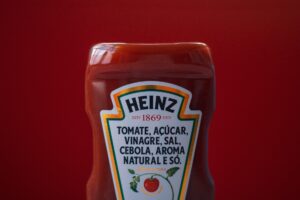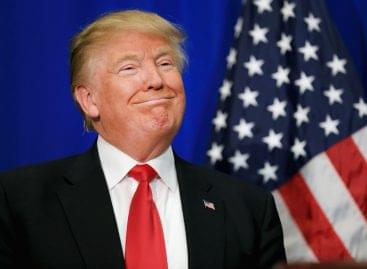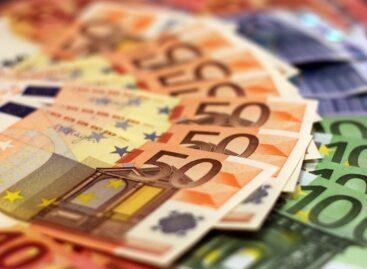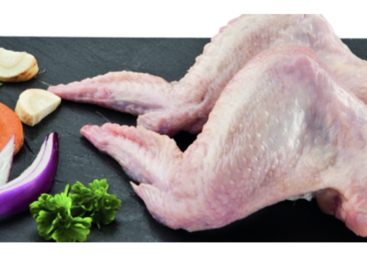More expensive Barbie, thinner Heinz – Trump’s tariffs redraw the global consumer market
The impact of Donald Trump’s tariff policy is affecting more and more industries: toy manufacturers, automotive giants and FMCG companies are also forced to raise prices, restructure production or reduce their profit expectations – while consumption is also declining.
Toys are getting more expensive: Barbie is also a victim
 Mattel, one of the world’s best-known toy manufacturers, has announced that it will be forced to raise the prices of some of its products in the United States in response to President Donald Trump’s new tariffs. Citing the increase in costs, the company said it would reduce the proportion of toys made in China for the American market. While 20% of products sold in the United States were previously made in China, this could drop to less than 15% next year.
Mattel, one of the world’s best-known toy manufacturers, has announced that it will be forced to raise the prices of some of its products in the United States in response to President Donald Trump’s new tariffs. Citing the increase in costs, the company said it would reduce the proportion of toys made in China for the American market. While 20% of products sold in the United States were previously made in China, this could drop to less than 15% next year.
Mattel is looking for alternative production bases in Southeast Asia, such as Indonesia and Malaysia, but these countries would also be subject to high tariffs – which have now been suspended for 90 days. In a statement, Trump referred to the issue as the “baby issue,” adding: “American children would rather have two babies than thirty” – but he believes China could lose even more than that.
The auto industry is also in trouble: billions in losses have been reported
The trade tension is not only affecting the toy industry: the automaker Ford said that the tariffs have resulted in an additional cost of about $1.5 billion this year. According to the company, the total cost increase could reach $2.5 billion, mainly due to the increase in the cost of the Mexican and Chinese supply chains. Ford is trying to mitigate the impact by reorganizing production and building new trade routes – they expect to be able to cut the burden by up to $1 billion.
Modest expectations, declining consumption
The effects go far beyond the industry: due to inflationary pressure and more expensive imports, consumer consumption has also started to decline. Kraft Heinz CEO Carlos Abrams-Rivera said U.S. households are becoming more cautious about spending after Trump’s tariffs have raised inflation and slowed growth. The company lowered its full-year earnings guidance.
Several major U.S. companies have signaled this season that they are considering raising prices to offset the increased costs of raw materials and products from China and other Asian countries. Intel, Adidas, Skechers and Procter & Gamble have also cited the negative effects of the tariffs.
Related news
Trump’s tariff cuts could reshape the global food market
🎧 Hallgasd a cikket: Lejátszás Szünet Folytatás Leállítás Nyelv: Auto…
Read more >Pharmaceutical manufacturers can breathe a sigh of relief: the 250 percent punitive tariff in the USA is not coming
🎧 Hallgasd a cikket: Lejátszás Szünet Folytatás Leállítás Nyelv: Auto…
Read more >Tariff war: new challenges for the European food industry
🎧 Hallgasd a cikket: Lejátszás Szünet Folytatás Leállítás Nyelv: Auto…
Read more >Related news
FAO food price index falls for five months
🎧 Hallgasd a cikket: Lejátszás Szünet Folytatás Leállítás Nyelv: Auto…
Read more >









